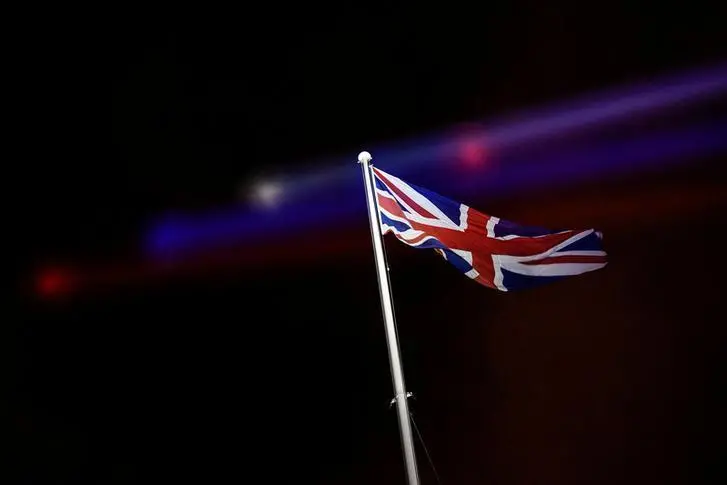PHOTO
Britain is anticipating that 56,000 migrants will cross the Channel in small boats to its shores this year, court documents show, meaning it would be need to house as many as 140,000 asylum seekers.
Prime Minister Rishi Sunak has made stopping boat arrivals one of his five priorities after the number of migrants arriving on the south coast of England soared to a record level in 2022 of more than 45,000, up 500% in the last two years.
Already this year, more than 5,000 more people have arrived in Britain across the Channel.
In court documents submitted as part of a case being brought against it at London's High Court on Wednesday, the government said as of March it was estimated to be accommodating more than 109,000 asylum seekers, with 48,000 in hotels at a cost of 6.2 million pounds ($7.7 million) per day.
"Significantly, the number needing support is predicted to grow still further: Home Office operational plans are based on scenarios of up to 56,000 small boat arrivals in 2023," the document said. "That would take the supported population to between 120,000 and 140,000."
Anger over immigration has become a big issue in British politics, and in March, Sunak's Conservative government announced a new law which would bar anyone who arrived in a small boat from claiming asylum and see them deported back to their homeland or a safe third country.
Last year, Britain agreed a deal to send tens of thousands of migrants more than 4,000 miles away (6,400 km) to Rwanda but so far no one has been deported while the courts decide whether the policy is lawful.
In the meantime, the government is examining using military bases or large barges to house asylum seekers, but that has prompted anger from some Conservative-run councils over plans to accommodate migrants in disused sites in their areas.
One of those, Braintree Council which covers an area to the northeast of London, was seeking an injunction at the High Court on Wednesday to prevent the government using an air base for this purpose.
($1 = 0.8055 pounds) (Reporting by Michael Holden and Sam Tobin, Editing by Angus MacSwan)





















